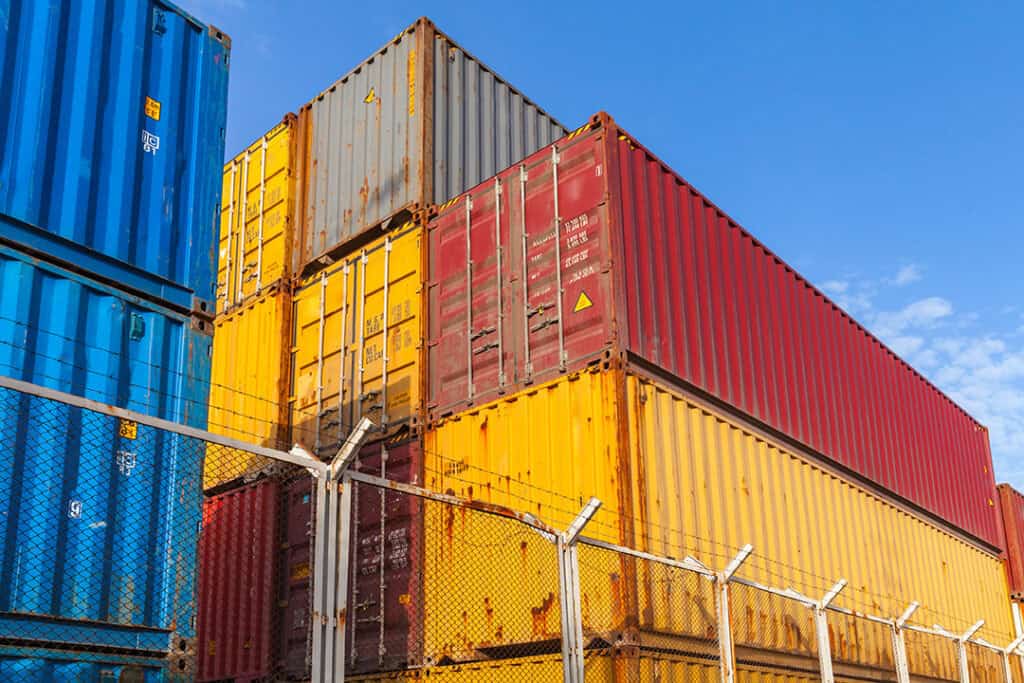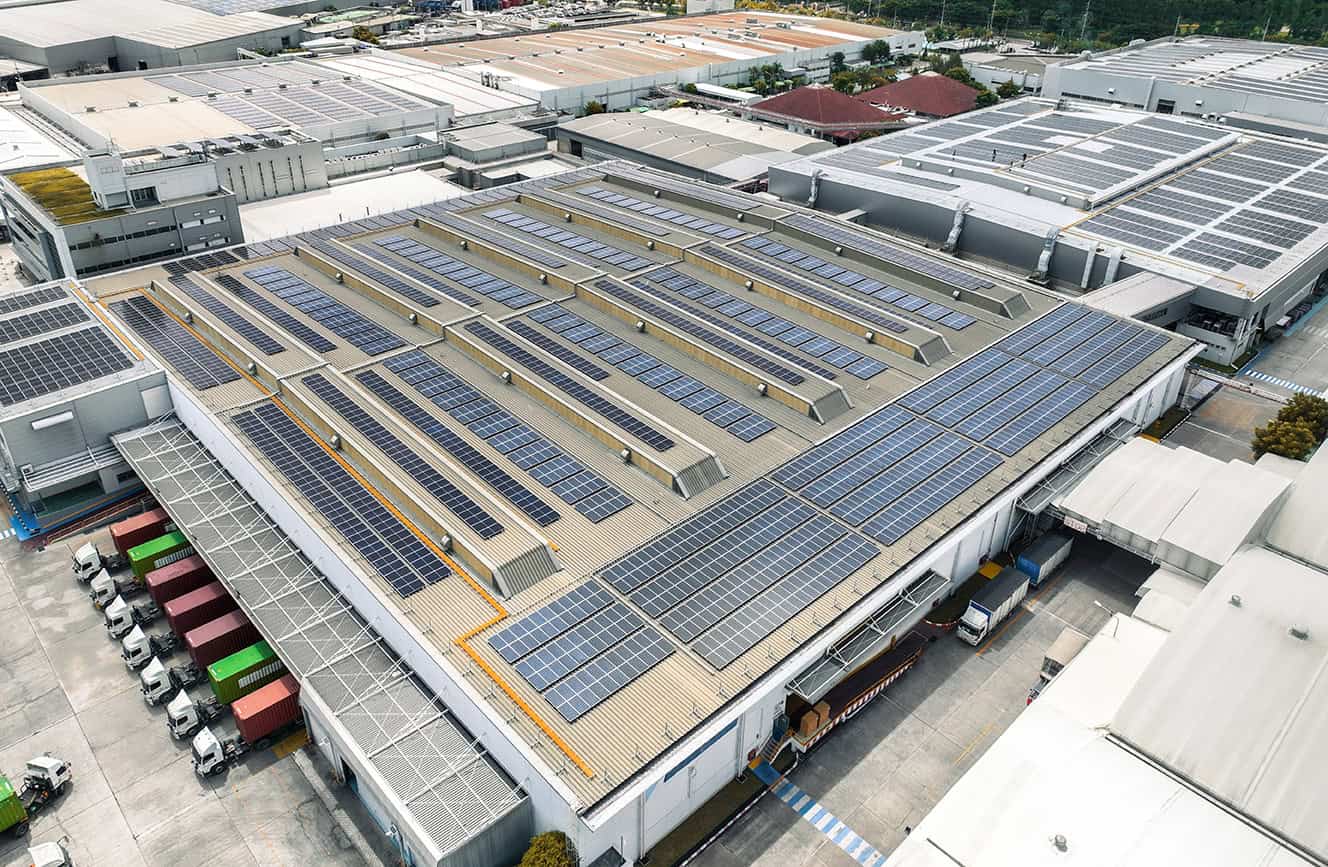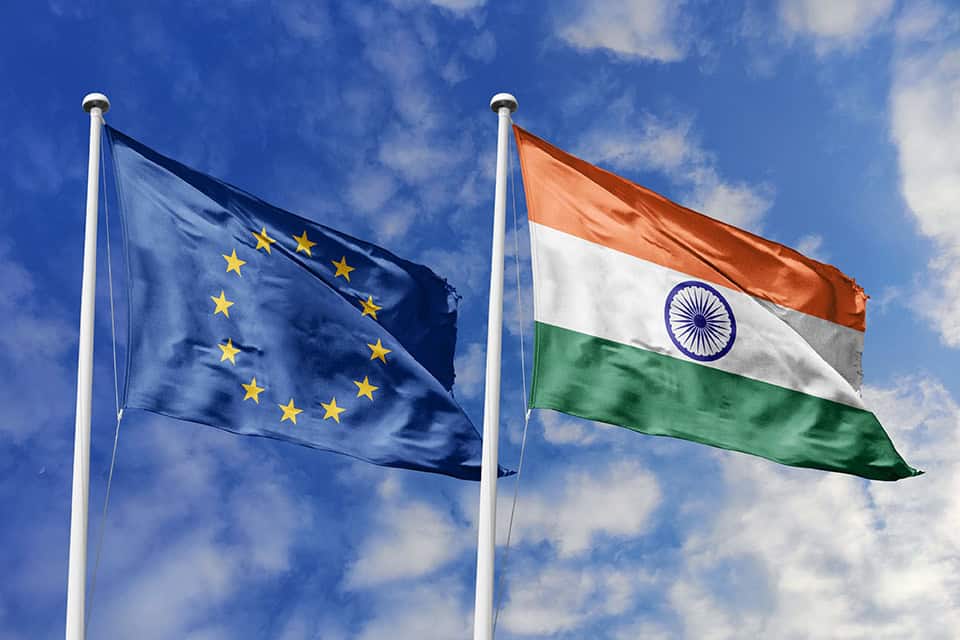
By: Pragati Shree & Akshatha Shrivathsa
Managing global trade compliance manually or in-house puts your business at risk. With regulations changing daily and non-compliance penalties reaching millions, companies need global trade data management solutions to stay compliant and competitive. Here’s how e2open can help.
The challenges of in-house trade compliance data management
In today’s fast-paced global market, staying compliant with ever-changing trade regulations is more challenging than ever. To put it into perspective, check out some of the mind-boggling facts on global trade compliance data that illustrate the complexities companies can face when managing this data in-house.
Frequent updates to global trade and compliance data
- The United States updated its Harmonized Tariff Schedule (HTS) more than 30 times within the last 5 months.
- The European Union revises its tariff schedule approximately 120 times annually.
- Restricted Party Lists undergo over 60 changes daily, affecting around 3 million entities and individuals each year. This is attributed to expanding sanctions and denied party lists (e.g., U.S. Export Administration Regulations (EAR), International Traffic in Arms Regulations (ITAR), Office of Foreign Assets Control (OFAC) sanctions, European Union Consolidated List), as well as emerging standards related to sustainability.
Complexity of regulatory requirements
- Additional U.S. tariffs, accompanied by numerous intricate duty calculations and exclusions, have affected over 2 million records in just a few months.
- ESG-related regulations like the Uyghur Forced Labor Prevention Act (UFLPA) in the U.S. and the European Union’s Corporate Sustainability Responsibility Directive (CSRD), etc., add complex mandatory compliance requirements.
Product classification
- GCC (Gulf Cooperation Council) member countries are transitioning from an 8-digit to a 12-digit HS system, necessitating a complete reclassification of products within a short implementation window.
- Argentina’s HS tariff classification system is four times more extensive than the standard HS classification system. It consists of approximately 80,000 records, with frequent monthly updates.
- Many countries publish descriptions in local languages that must be accurately translated to prevent classification issues.
Sourcing issues: Regulations and accessibility
- No central source of truth – Global compliance data exists across hundreds of fragmented sources with dense legal terminology, and unreliable website usability. Furthermore, comprehending certain notifications may necessitate both subject-matter expertise and cross-referencing historical data. In the absence of centralized alerts or efficient search tools, monitoring updates becomes labor-intensive and prone to errors.
- Information access – In several countries, internet access from outside the country is restricted, making it exceedingly challenging to locate reliable information on public platforms. Some countries lack dependable websites that may frequently change or become inaccessible, leaving no further information available for specific content types.
E2open Global Knowledge® keeps pace with regulatory change
E2open’s Global Knowledge® serves as the world’s best repository for managing global trade compliance. A team of trade regulation experts follow an ISO® 9001:2015 certified 19-step process to ensure timely updates to this massive repository.
Complete global coverage
The result is an extensive database covering:
- 230+ countries, territories, and islands
- 975+ restricted party lists
- 230+ free trade agreements
People make the difference: Expert-led compliance services
For companies that need skilled resources, e2open’s Global Trade Compliance Services brings compliance expertise, proven best practices, industry-leading technology, and a unique model to help businesses gain a competitive advantage while maintaining complete control and visibility into their compliance operations.
- Content as a Service – Delivers customized regulatory trade content data from e2open’s Global Knowledge® to allow our customers to keep up with constantly changing customs and trade regulations.
- Global Knowledge Consulting Services – Provides consultation services on complex customs laws and multifarious regulatory agencies.
- Restricted Party Screening Hold Resolution Services – Analyzes potential matches to identify genuine and non-genuine cases and clearing of holds in consultation with our clients.
- Product Classification Services – Classifies goods across different industries/domains according to the Harmonized System (HS).
Overseeing the global regulatory trade data for a single country is full-time work in itself. Imagine the time required to handle such data across all the countries where your organization operates. But what if you could transform your trade compliance processes into a seamless, efficient, and stress-free experience? With e2open’s Global Knowledge® and Global Trade Compliance Services, you can do just that!
6 ways e2open makes trade compliance easier
E2open’s Global Knowledge® is your ultimate resource for navigating the complexities of international trade. Here’s how it can revolutionize your compliance strategy:
- Simplified tariff code management: Instead of manually reviewing tariffs for over 200 countries, e2open delivers precise Delta Reports (available via the ‘Content Portal’). These reports highlight the changes your team needs to know about, enabling your team to make informed strategic decisions without drowning in unnecessary details.
- Proactive change notifications: Stay ahead of regulatory changes with advance notice of updates in progress. Set up customized notifications for specific countries and content types through the Content Portal, allowing you to organize your business operations before changes take effect.
- Timely regulatory updates: Don’t miss regulatory changes that could impact your business. E2open continuously monitors regulatory changes worldwide and delivers relevant updates promptly, so you’re always current with the latest updates.
- Expert analysis and interpretation: Leverage the expertise of e2open’s trade compliance specialists. With over 1,000 years of combined experience, they’ll provide you with clear, actionable insights to help you make informed compliance decisions.
- Industry leading data accuracy: Benefit from the industry’s most accurate and timely published global trade data, processed using an ISO 9001:2015 certified Content Update Process. This proven system has maintained a consistent 99.9% accuracy rate for over 12 years.
- Global Trade Compliance Services serves as your one-stop shop for all trade compliance needs. Whether you already use e2open’s Global Trade Management suite of applications or not, our team of global trade specialists can help you maintain compliance in multiple areas of international trade.
Don’t let the complexities of trade compliance hold you back. Position your business to adapt quickly to tomorrow’s regulatory landscape with e2open Global Knowledge® and Global Trade Compliance Services. Experience the peace of mind that comes with knowing your business is fully compliant and ready to thrive in the global market.
Ready to take the next step? Contact e2open today and discover how their innovative solutions can transform your trade compliance strategy.
Frequently asked questions (FAQs)
What is global trade compliance? Global trade compliance involves adhering to import/export regulations, tariff classifications, restricted party screening, and customs requirements across all countries where your business operates.
How often do trade regulations actually change? Trade regulations change continuously. Restricted party lists alone update over 60 times daily, while major economies like the U.S. and EU update tariff schedules monthly or more frequently.
What are the typical costs of non-compliance? Non-compliance penalties average $1.2 million annually for mid-sized global companies, plus additional costs from delayed shipments, increased audits, and potential supply chain disruptions.





